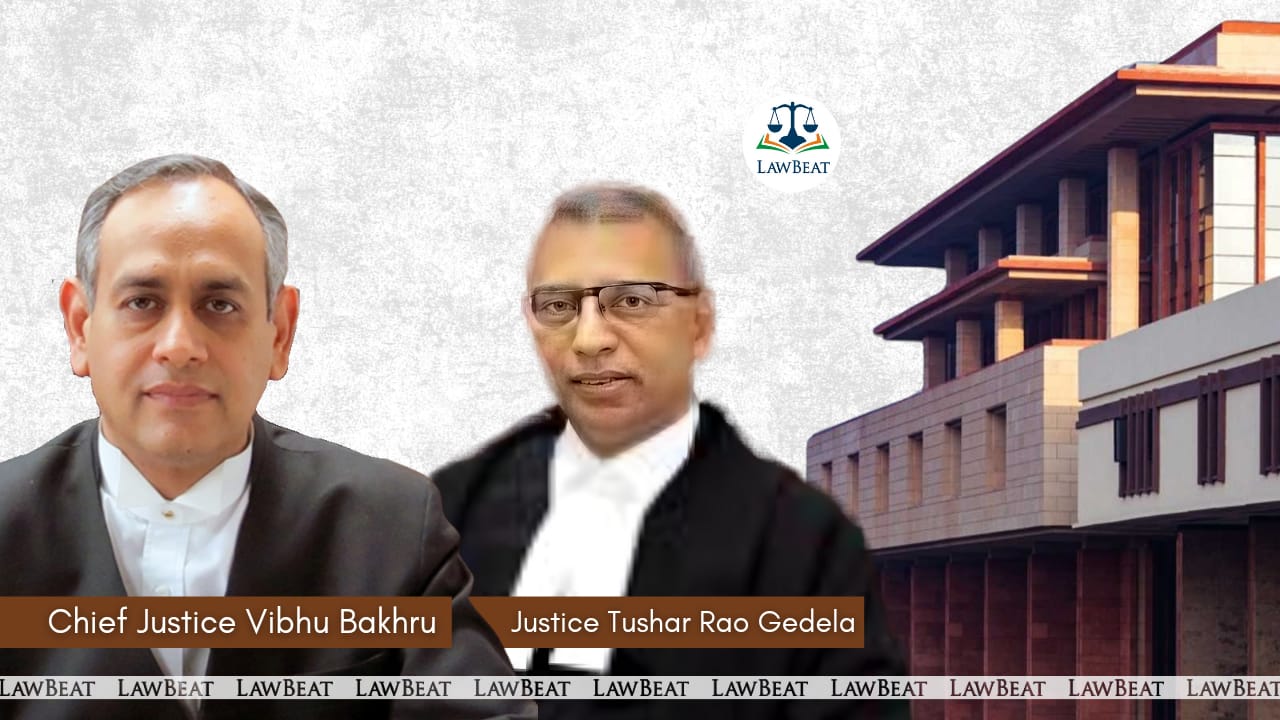'If Remedy For Cause OF Actions Is Within Scope Of Arbitration Agreement, Then Party Cannot Be Compelled To Defend The Same In A Suit': Delhi HC

“If a remedy for a cause of action falls within the scope of an arbitration agreement, the counter party cannot be compelled to defend the same in a suit. It is entitled to insist that the matter be referred to arbitration”, the bench of Acting Chief Justice Vibhu Bakhru and Justice Tushar Rao Gedela held.
The Delhi High Court, recently, held that a party to an arbitration agreement cannot bypass the agreed contractual forum and initiate a suit concerning a subject matter covered under the arbitration agreement. The high court made these observations in an appeal challenging the order of the commercial court.
The commercial court had rejected the company’s application to refer the dispute to arbitration. The respondent, an individual architect, and proprietor of Praxis Design Solutions, had filed a suit against the appellant seeking recovery of ₹81,73,378.15, along with interest, for services rendered under three work orders related to the appellant's project site in Noida.
The respondent, through Advcoate Nishit Kush, alleged delays in payment, incomplete mobilization advances, and deductions, claiming an outstanding amount of ₹2.75 crores as of March 2020, which the appellant agreed to settle in tranches but failed to honor. By February 2021, the appellant acknowledged an unpaid amount of ₹65,51,806. The appellant, however, argued that the respondent had failed to complete the work, mismanaged funds, and delayed the project, leading to the termination of their agreement in December 2020.
Additionally, the appellant, through Senior Advocate Gautam Narayan, alleged collusion between the respondent and a third party, Regus, and maintained that the disputes fell within the purview of an arbitration clause in the work order. The respondent opposed arbitration, asserting that the appellant had acknowledged the dues and that no dispute required arbitration. The Commercial Court rejected the arbitration application prompting the appellant's appeal.
The high court observed that the parties had agreed to refer disputes to arbitration in accordance with the Arbitration and Conciliation Act (A&C Act) if they failed to resolve them amicably. The high court, therefore, rejected the contention that a suit could be maintained despite the arbitration agreement on the ground of no dispute, emphasizing that the essence of an arbitration agreement is to resolve matters outside of court.
“The very import of an arbitration agreement is that the parties will not take recourse to instituting an action in court but refer their disputes to arbitration”, the high court outlined.
The high court highlighted that if the remedy for a cause of action fell within the scope of the arbitration agreement, the counterparty could not be forced to defend the matter in a suit and had the right to demand that the dispute be referred to arbitration.
The high court clarified that if a cause of action falls within the scope of an arbitration agreement, the opposing party cannot be compelled to defend the matter in court. The term "dispute" under the A&C Act was interpreted as a cause of action, requiring adjudication by an Arbitral Tribunal when a claim is contested, the high court highlighted. Section 8 of the A&C Act mandates that judicial authorities refer parties to arbitration if an action pertains to an arbitration agreement, provided the agreement is valid.
With the consent of the parties, the high court referred the matter to the Delhi International Arbitration Centre (DIAC) for the appointment of a Sole Arbitrator to adjudicate the disputes under its rules. Consequently, the impugned order was set aside, and the appeal was disposed of accordingly.
For Appellant: Senior Advocate Gautam Narayan with Advocates Madhu Sudan, Sonal Sarda, Ankit Kakkar, Tushar Nair and Shreya Mehra
For Respondent: Advocates Nishit Kush, Siddharath Sikri and Kirti Singh
Case Title: M/S Grandslam Developers Pvt Ltd v Akshay Gandhi
